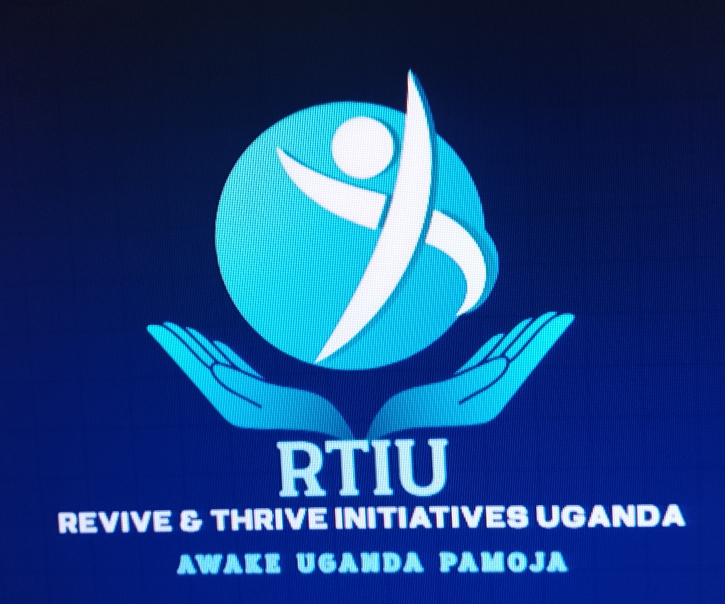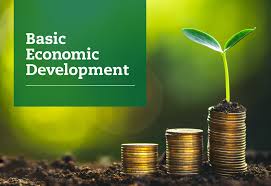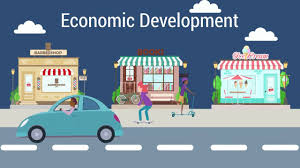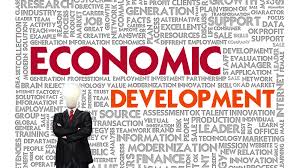Economic development is the process of
improving a country's economy and quality of life. It can also refer to
the study of how to achieve these goals.
How
it works
- Economic development can involve quantitative and qualitative improvements
- It can transform low-income economies into modern industrial
economies
- It can create jobs, which can lead to prosperity for all
citizens
Why
it's important
- Economic development can help to reduce poverty and inequality
- It can help to create a sustainable and green economy
- It can help to create opportunities for all social groups
History
- Economic development became a major concern after World War II
- Many former colonies and other countries with low living
standards were considered underdeveloped countries
- As living standards in these countries rose, they were renamed
developing countries
Organizations
involved
- The United Nations Development Programme (UNDP) has an Economic
Development Programme
- The Organisation for Economic Co-operation and Development
(OECD) focuses on economic development
To
promote economic development in Africa, various projects focus on
infrastructure, regional integration, and key sectors like energy, transport,
and digital connectivity, with initiatives like the African Continental
Free Trade Area (AfCFTA) and the Programme for Infrastructure Development in
Africa (PIDA) playing crucial roles.
East
Africa is undergoing significant economic development projects, focusing
on infrastructure, digital integration, renewable energy, and regional
cooperation, with the East African Community (EAC) playing a crucial
role.
Here's a more detailed breakdown of some key areas of development we must participate in:
1 INFRASTRUCTURE:
- Connectivity:
The
EAC recognizes that regional infrastructure is crucial for attracting
investment, improving competitiveness, and promoting trade. The EAC is
focusing on roads, railways, civil aviation, maritime transport, and
ports.
- Road
Projects:
Several
multinational road projects are underway, including the Malindi to Bamoyo
coastal corridor and the Central Corridor road project.
- ICT
Infrastructure:
The
East African Community Broadband ICT Infrastructure Network aims to establish a
cross-border broadband infrastructure network within the EAC.
- Energy
Infrastructure:
The
Eastern Africa Power Pool (EAPP) promotes power system interconnection and
electricity trade among member states, including the development of geothermal,
hydro, wind, and solar power projects.
2 DIGITAL INTEGRATION:
- Regional
Digital Integration Project: This project aims to advance digital market integration
in the region by increasing affordable access to regional broadband
connectivity, strengthening the enabling environment for cross-border
digital trade, and developing digital skills.
3 AGRICULTURE AND FOOD SECURITY:
- Enhanced
Agricultural Productivity: The EAC aims to enhance agricultural productivity for
food security and transform rural economies.
- Regional
Trade in Staple Foods: Projects
aim to bolster regional trade in staple foods.
- Value
Addition in Agriculture: Emphasis
is on value addition and product diversification based on comparative
advantage for regional competitive advantage.
Uganda
has several economic development projects focusing on diverse sectors like infrastructure,
agriculture, and skills development, aiming to boost productivity, reduce
poverty, and create jobs.
We
are looking for partners and other financing schemes with the aim to provide
affordable long-term capital at low interest rates to agriculture,
agro-processing, and manufacturing sectors, thereby boosting private sector
growth.
For more information about our Economic
development Programme please do not hesitate to contact us and in case God
leads you to support our Economic development Programme please contact us using
the form below



